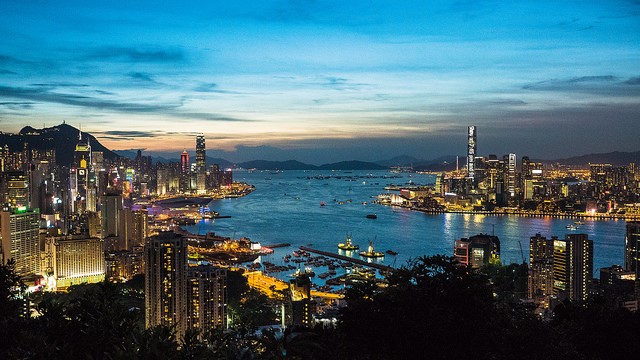Hong Kong: Fragrant harbour

In the beginning, Hong Kong was just a small village of fishermen and charcoal burners. No one paid it much attention until the British arrived in 1841, during the height of the Opium Wars. The Chinese soon gave in to British demands and handed over the territory. Hong Kong then became a Crown colony and its modern history began.
Hong Kong – meaning ‘fragrant harbour’ – grew up under British rule and became a successful trading port and a wealthy, flourishing city. During this period, it developed a unique character that can still be seen today, despite the ever-encroaching influence of China.
The melding of two distinct cultures is striking in Hong Kong. Colonial influences still run deeply through the city, with place names such as Nathan Road and Victoria Park harking back to the old days. Hong Kong Island, the heart of the business and financial district, is a dense, tightly packed space where the visitor wanders among a thick forest of flashy skyscrapers.
Since 1997, when the British handed Hong Kong back to China, there have been concerns about the city’s future. Locals hold mixed views about the old days of colonial rule. Older people tend to view it more negatively, whereas younger ones (born after 1970s social reforms) can recall more positive aspects of British governance. Despite the handover, Hong Kong retains some autonomy, under China’s ‘one country, two systems’ approach to governance. But in 2047, all conditions will expire.
Hong Kong’s people retain a fierce sense of identity, distinct from that of anywhere on the mainland. They know that their city is unique and most want to keep it that way. Grassroots initiatives such as Walk in Hong Kong, which offers history-themed guided walking tours, are testament to this desire. Now all eyes are on 2047, when Beijing will take complete control over administering Hong Kong. What will change remains to be seen.
Photo: Pasu Au Yeung


